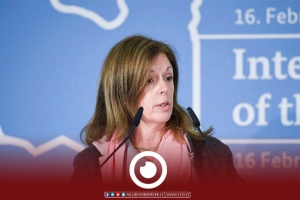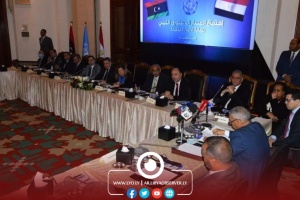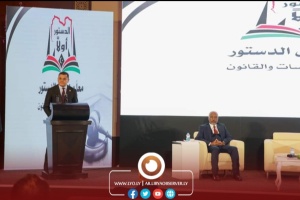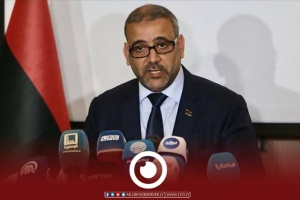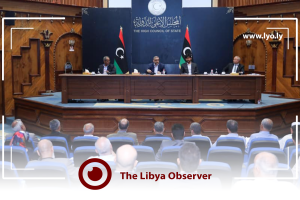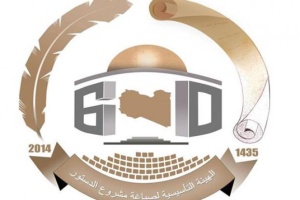This is chapter eight of the Libyan constitution that was approved by the Constituent Assembly on July 29
Libya Constitution – Chapter Eight

Chapter Eight
Financial System
Article 164: Public Finance
Public finance of the State shall be subject to principles of transparency and accountability based on the following:
1- The financial system of the State shall work as one unit.
2- Distribution of national revenues fairly and equitably among the local and national levels of governance, taking into account the population density, local distribution of the population and their distance from the center, the level of services and infrastructure, and indexes of spatial and human development.
3- Preparation of government budgets to ensure the effective and fair access to services and to strengthen the efficiency of national economy.
4- Rationalize usage of resources to achieve sustainable development and to preserve the rights of future generations.
5- Guarantee financial independence to local government units according to what is stipulated in this Constitution.
Article 165: State Revenues
All State’s revenues shall be accrued to the public treasury; any part of the public treasury funds or any expenditures may not be allocated for any purpose whatsoever, unless prescribed by the law and in accordance with provisions of this Constitution.
Article 166: Loans and Financial Obligations
The government may not contract loans or become obligated by financial commitments that result in spending from the public treasury except in accordance with State financial law.
Article 167: Emergency and Budget Support Accounts
The financial law of the State shall regulate the creation of a strategic emergency account to confront crises, which expenses the government is unable to cover, from the approved budget such as calamities, disruption and depression of the national economy and emergency situations.
The State financial law shall also regulate the creation of a budget support account in case the financial resources of the State decline or development expenditure expand, or to face increase in prices in the regional and international markets. Both accounts shall be financed and spent from as prescribed by the law.
Article 168: Central Bank of Libya
The Central Bank of Libya shall enjoy a legal personality with financial, administrative and technical autonomy. It shall practice its work with transparency within the public policy of the State. It shall undertake the development of the monetary policy as well as the issuance of the national currency and maintaining its stability, managing the foreign currency reserves of the State, organizing the credit policy and monitoring its implementation and monitoring and supervising performance of the bank sector, in addition to any other activities determined by the law.
____________________________________________
Chapter One - Chapter Two - Chapter Three - Chapter Four - Chapter Five - Chapter Six - Chapter Seven


